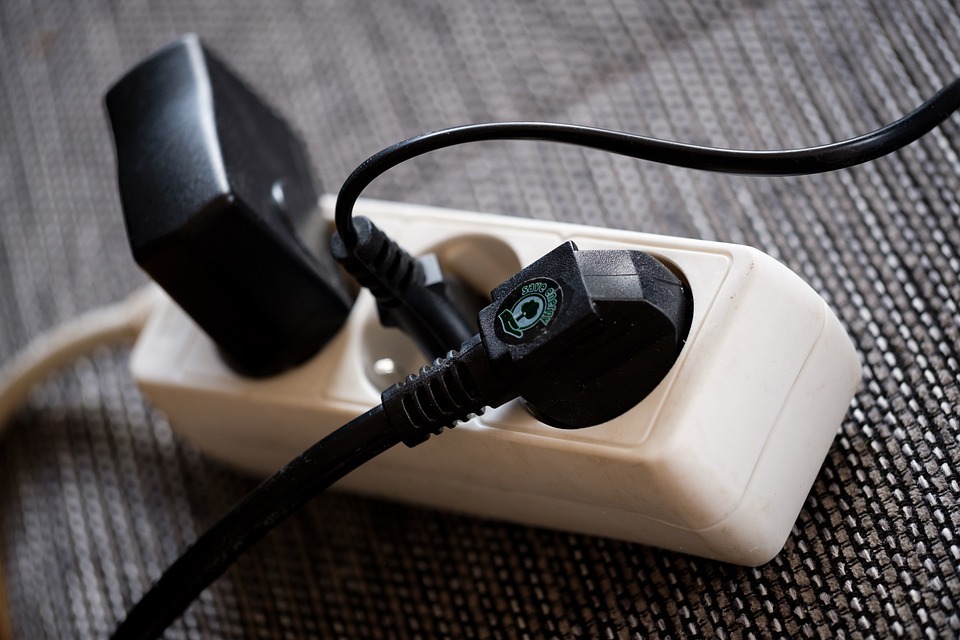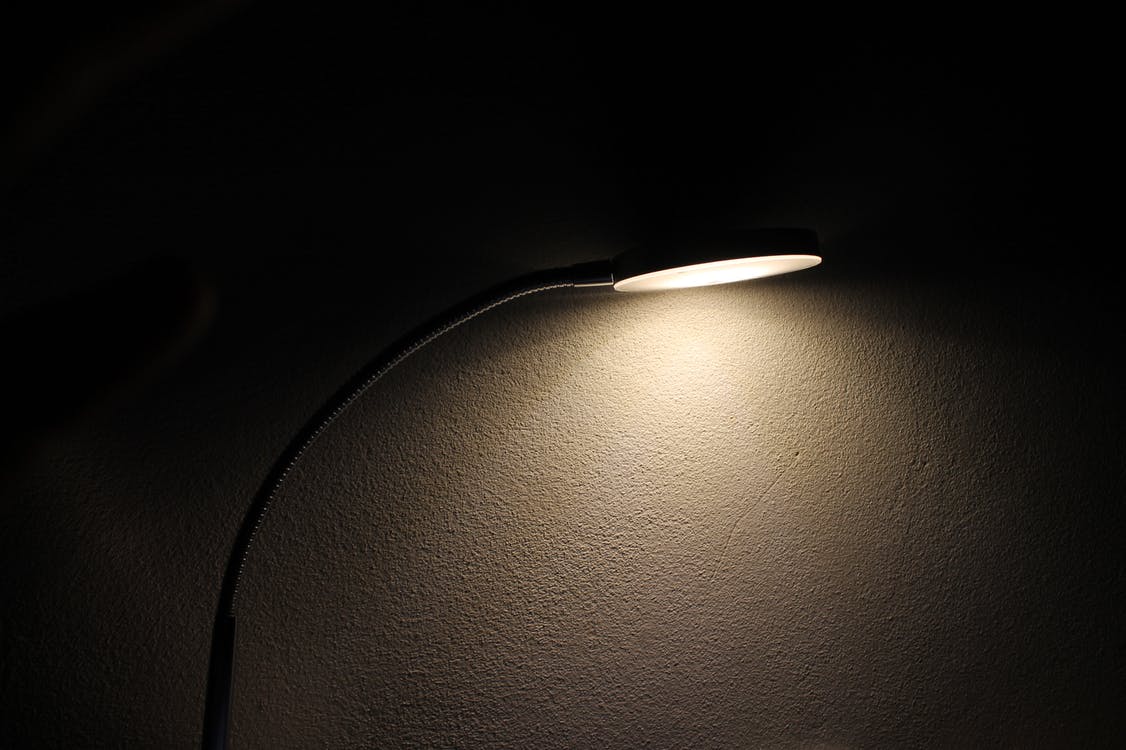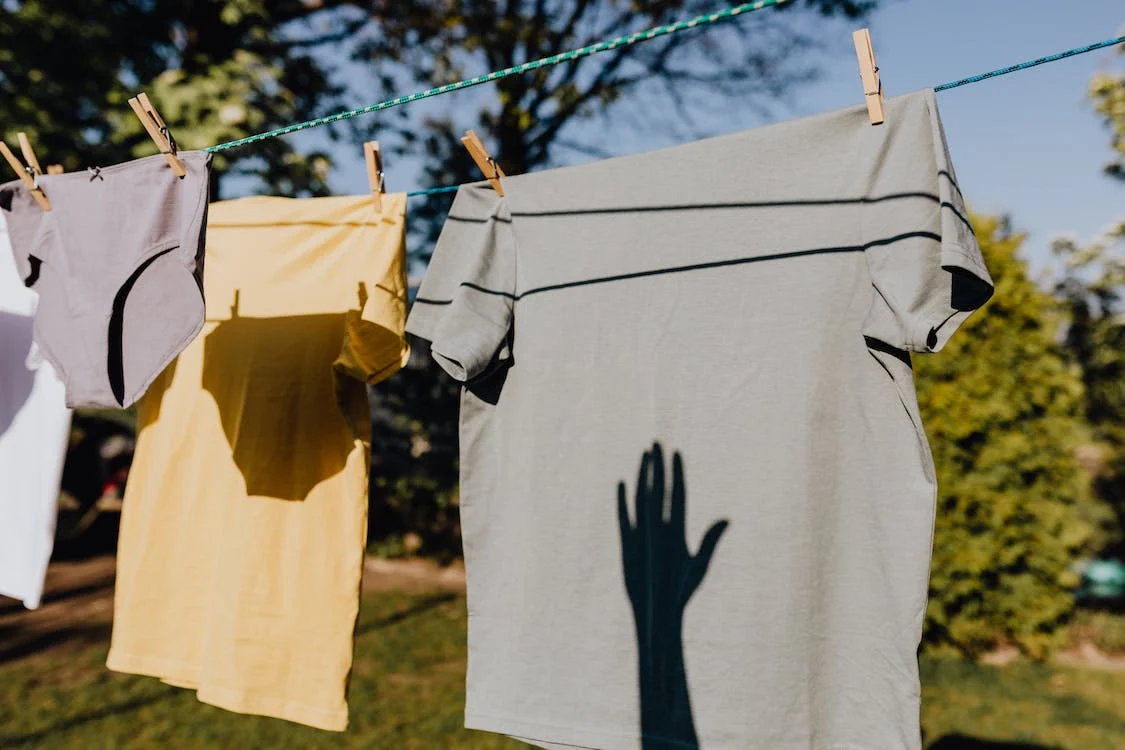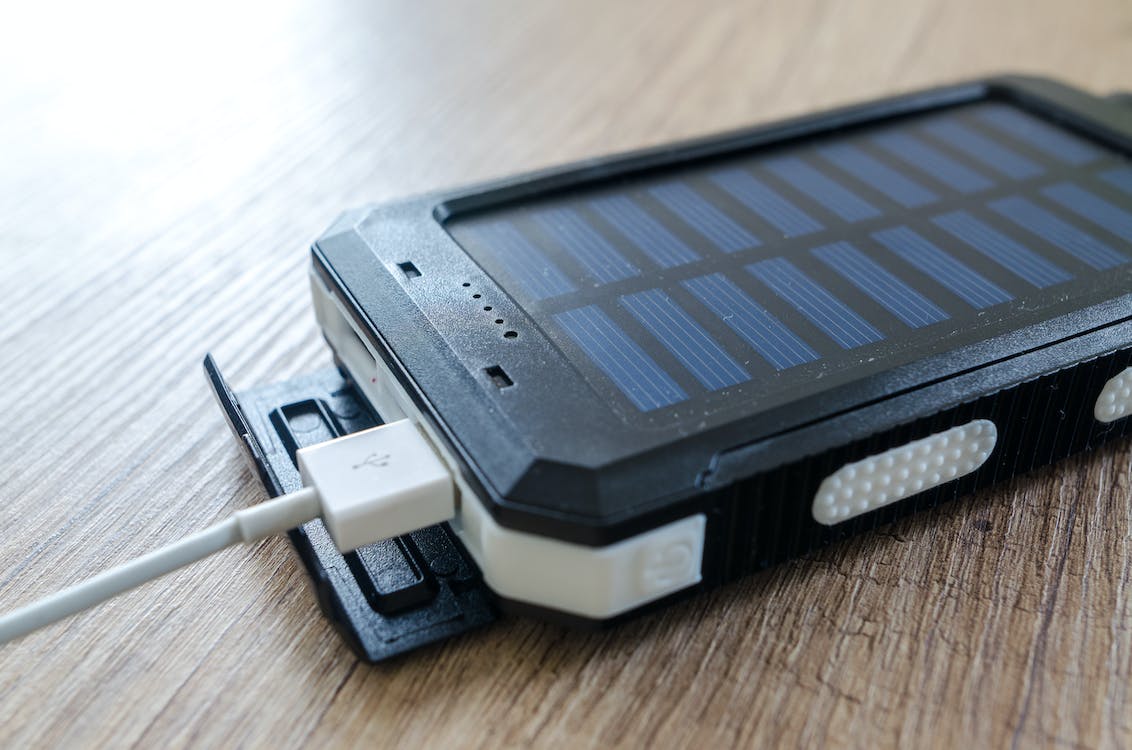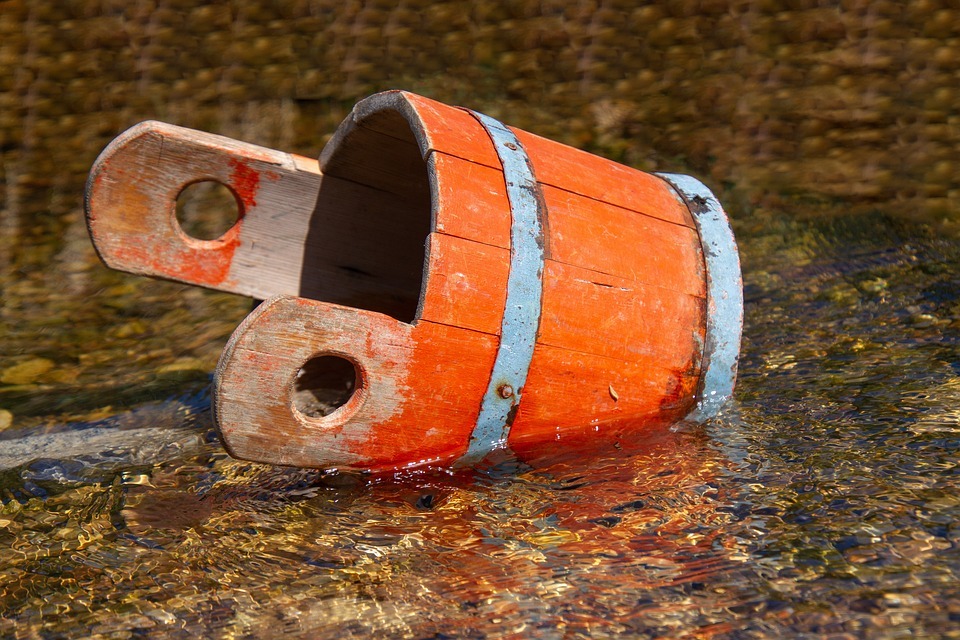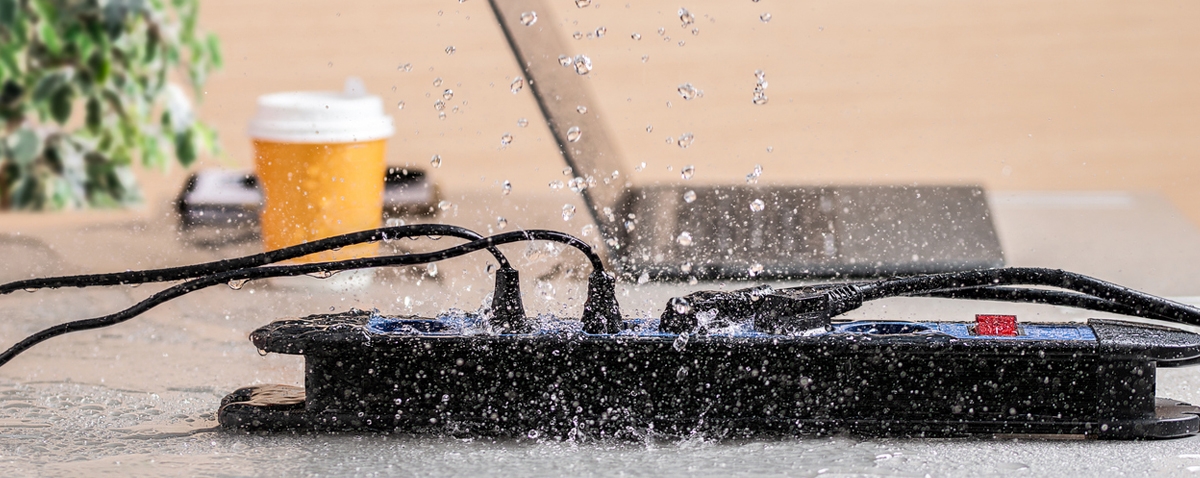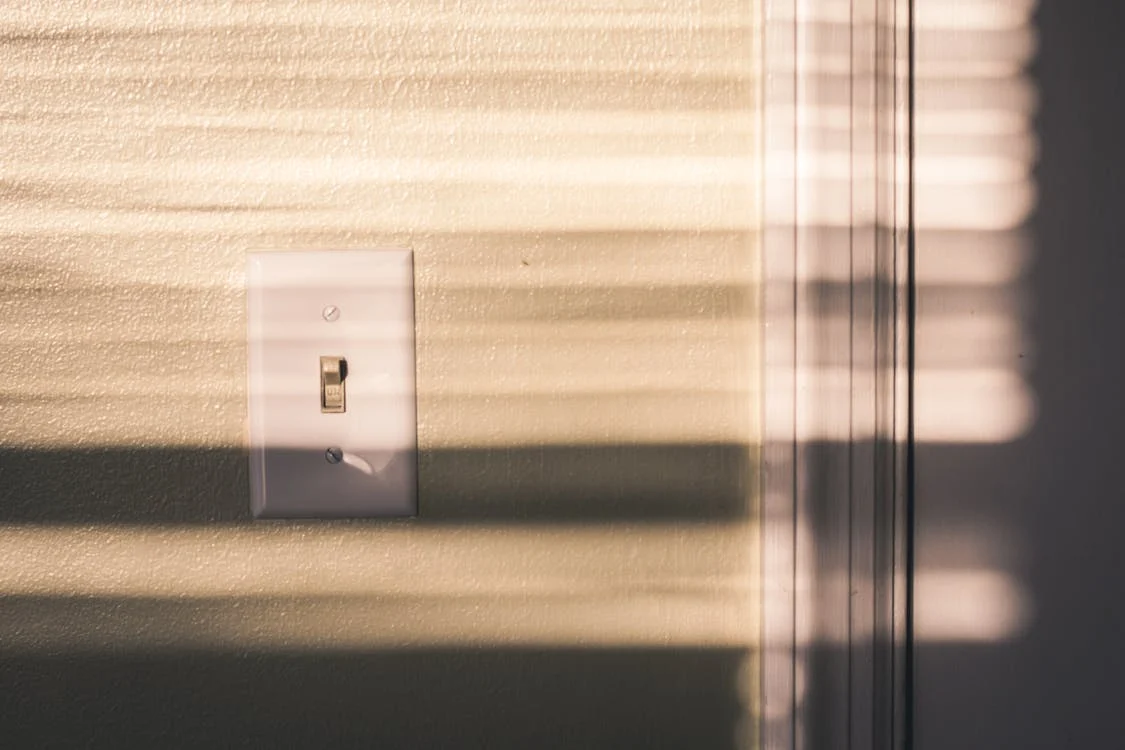One of the perks of living in organized society is the fact that chaos is unlikely and the authorities keep everyone safe. However, it’s always a good idea to be prepared for any kind of scenario where your survival depends on your own actions and the gear you have. As thrilling as movies about apocalyptic events are, you’ll need to pull every card up your sleeve to make it through an actual survival scenario.
Here is a brief guide to selecting survival gears.
These scenarios can range from natural disasters and nationwide power outages to total global collapse. In such instances, extension cords can be surprisingly useful tools. From acting as sturdy ropes to helping you power electrical appliances from a distance, there’s more uses for these cords than one might initially think.
Survival Uses for Extension Cords
Powering Appliances and Devices in a Power Outage
Let’s say in our hypothetical survival scenario you lose power to your house. This, naturally, will not do at all. If you’ve been prepping right all these years, you probably have a source of power for your home. It might be an off-the-grid solar setup or maybe just a diesel generator. However, it may also not be enough to power the entire house and thus you might not have hooked it up to the mains. This is where an extension cord comes in handy.
Instead of having to move all your electrical appliances and gadgets to the power source each time you need to use them, you can simply use the extension cord and bring it to the room where the appliances are. You can also keep switching between rooms and appliances so that everything fulfills its use and never burdens the source of the power. This is one of the most obvious uses of extension cords; as it is similar to why extension cords are used for anyway.
Lighting Up Dark Areas
Similarly, extension cords can be used to power lights in otherwise unpowered places. Using an extension cord, you can bring power availability to dark areas and set up light bulbs or other types of electrical lighting. With a large network of extension cords, your entire home can be provided with power and light and you could even light up the perimeter of your base without having to lay down permanent wiring and electrical outlets.
Creating a Clothesline
Any extension cord that isn’t a very cheaply made one will have a durable wire. The rubber insulation is almost always of sturdy material and does not snap or stretch easily. These wires can thus be used as reliable substitutes for ropes and one of the uses they can have is to be used as a clothesline. Extension cord wires will make for strong clotheslines that are able to support lots of heavy clothing after laundry in a survival scenario where dryers aren’t an option anymore.
Securing a Tent or Shelter
In the case of an emergency where you are forced to abandon your current house and have to try to survive out in the wild, you will need shelter. Most people stranded outdoors will almost certainly turn towards tents before they start working on bigger and more durable projects. Tents are a good form of shelter that is easy to set up and dismantle for portability, but these tents need to be secured.
The chances of a tent surviving through a storm aren’t that high without extra support. This is why they need to be secured. How this is done usually is by tying multiple ropes to key structural components of the tent and then tying the other ends to fixed objects on the ground, often pegs driven into the earth. If you’re lacking in rope, then just like how we discussed the clotheslines above, extension cords can be substituted for ropes and still do a very good job provided they aren’t of the cheap variety.
Charging Batteries and Electronics
Of course, harkening back to our first point above, the main use of extension cords is to provide power over short and long distances. During a survival scenario, you will be relying heavily on gadgets like flashlights for nighttime exploring and radios for communication. These gadgets run on batteries and need to be repeatedly charged, which is why extension cords are quite useful here.
With extension cords you can set up charging stations in convenient rooms – like your bedroom for instance – instead of having to charge your phone next to a smokey and noisy diesel generator. Furthermore, if your extension cord is a power strip with multiple power outlets, you can charge more than one device at the same time, increasing efficiency quite a bit. With extension cords you can also set up workstations in permanent places without having to move them over and over again whenever they need to be recharged.
Creating a Makeshift Alarm System
In a survival scenario as discussed above, it is very likely you will encounter people trying to bring you harm or steal your possessions. For instances like this, creating a makeshift alarm system like modern burglar alarms around your base would be a very smart move. Extension cords can play a couple of roles in these kinds of alarm systems.
They can obviously be used to power the alarms and other electronics on the boundary of your base, away from the main outlets. Extension cords can be hidden in the grass and shrubbery and not alert anyone of the presence of an alarm system. Secondly, extension cords can be used as a tripwire. They can either work as just a wire that, when caught on a foot, activates an alarm. Or they can be part of a circuit; both ends loosely completing said circuit. When an intruder hits the wire, at least one end breaks off and disrupts the circuit, causing the alarms to go off.
Setting Animal Traps and Hanging Food
Another use for extension cords as durable ropes is to use them to set up snares or other forms of traps to capture small animals for food. Depending on the quality and strength of your extension cord, it might even do just fine capturing bigger animals. Whichever animal you do end up catching though, remember to put it out of its misery as soon as possible and to not let it suffer longer than absolutely necessary.
A tip often repeated in survivalist circles is to hang your food from a high place so small animals can’t get to it. If you’ve been using your extension cord as a rope, this is another way it can help you out. A high-quality extension cord will be able to support quite a lot of food without snapping. As for where to hang your food from, branches work fine, but man made structures that are harder to climb for animals will serve you better.
Using Them for Heaving Buckets
Extension cords can also be used as reliable handles for a bucket that doesn’t have one of its own. Simply drill holes on both sides of the bucket and slip the cord through them and then tie a knot to secure it in place. Other than this, extension cords can also be used to lower and raise buckets between different floors of a building or into holes and ditches in the ground to move goods.
Use Them as a Lifeline
If one of your buddies has to swim out into the sea or a river, you can tie a long extension cord around their waist so they aren’t swept away with the current. You and any other friends back on shore can tug the cord to bring your buddy back to safety whenever needed, and the person swimming can always pull on it to resurface if they are swept underwater by a particularly strong wave of water.
Use the Rubber Casing as a Pipe
The rubber insulated cord has another ingenious use if you are willing to part with its intended functionality of a tool to deliver electricity. If you cut off both ends of an extension cord you are left with just the rubber cord. If you then pull out the wires inside the rubber cord, you are left with a hollow rubber cord. This cord can now be used as a pipe for specific purposes, like siphoning liquids.
Sure, it could be used to transport liquids as well, though the width of the cord would leave a lot to be desired. However, if you’ve ever had to suck gas out of a car, you’ll realize this hollow cord is perfect for the task. For those who don’t know how it works; you insert one end into the gas tank and then suck on the other end with your mouth until the gas comes rushing out. This hollow cord can be used in other setups as well; like perhaps a makeshift water filter.
Tips for Using Extension Cords in Survival Situations
Proper Storage and Maintenance
Naturally, in a survival scenario you will have to take proper care of your tools and items, and extension cords are no exception. For storage, you will have to keep your extension cords in a roofed place ideally, and safe from dust when not in use to maintain their longevity. The elements will slowly but surely do a number on your cords if they’re left outdoors for too long.
As for how to store an individual extension cord, consider the over-under coil method. Where you grab one end of the cord with one hand and a part along the cord with the other, you then bring the second hand towards the first one and grab the wire there with the first hand. Now, with the second hand you grab an equally distant part along the cord, rotate your hand 180 degrees, and bring it in to be held by the first hand. Repeat until the cord is all coiled up. The reason this method is a good one is because it doesn’t stress out the wires in the cord, increasing the lifespan of the extension cord. Furthermore, when an extension cord is coiled up like this it can simply be thrown and it will uncoil in midair and land in a straight line. Lastly, if you use straps to keep coiled extension cords from unraveling, they can be very easily transported or hung up for storage.
Remember to clean out the outlets on your extension cord regularly and to not overload your cord by plugging in too many devices at once. Also avoid connecting multiple extension cords in a series, especially if you’re plugging in something heavy at the end because this is a good way to overheat and melt everything as every subsequent extension cord increases the resistance the current has to face.
Safety Precautions When Using Extension Cords
As with anything electrical, you should take certain precautions when using extension cords to keep yourself safe and to prevent damage to the extension cord.
- If you are using extension cords outdoors for whatever reason, cover both ends so they aren’t exposed to rain.
- As mentioned above, do not overload your extension cords. Most extension cords mention how much wattage they can handle.
- Do not connect more than two extension cords in a series unless you’re only going to be using low wattage appliances.
- Switch off the main power outlet before plugging anything into the extension cord.
- Do not use a damaged extension cord. The risk of it short-circuiting is not worth it.
- Be aware of where you’ve placed your extension cords so you don’t accidentally trip over them.
Tips for Conserving Power
In a survival scenario, electricity will be precious and very limited. Here are a few tips to conserve power when using extension cords.
- Always switch off any appliance not in use.
- Instead of leaving electronics in standby mode, unplug them from the extension cord.
- Try to make use of natural lighting instead of electric lights.
- Do not use multiple extension cords connected in a series.
- If using a diesel generator, switch it off if you’re not using any electrical appliance.
- Dress appropriately for the weather and reduce reliance on heating or air conditioning.
Recap
It’s pretty clear that, when utilized properly, extension cords have a lot more uses in a survival scenario than what meets the eye. From supplying power across the entire house to doubling as a rope for different tasks and from coming in handy setting up an alarm system to being used as a pipe to siphon gas out of a car, extension cords are much more to a survivalist than simply a tool for extending power reach. But to make full use of them, you will need to keep them maintained and stored properly, so they don’t fail you when you need them the most.
Final Thoughts
No survivalist’s set is complete without a few extension cords at the ready. They might be useful now, but their value will shoot through the roof if an emergency does take place. If you’re a prepper, you definitely need to start keeping some extension cords handy and ready if the worst does come to pass. They’ll probably help you out in more ways than you can imagine.

